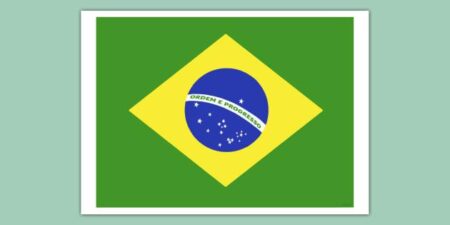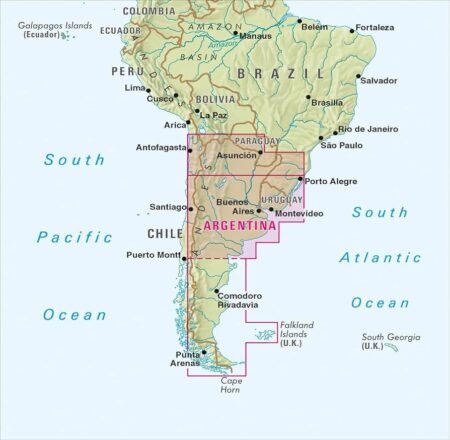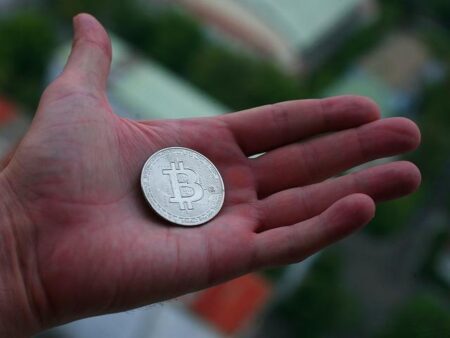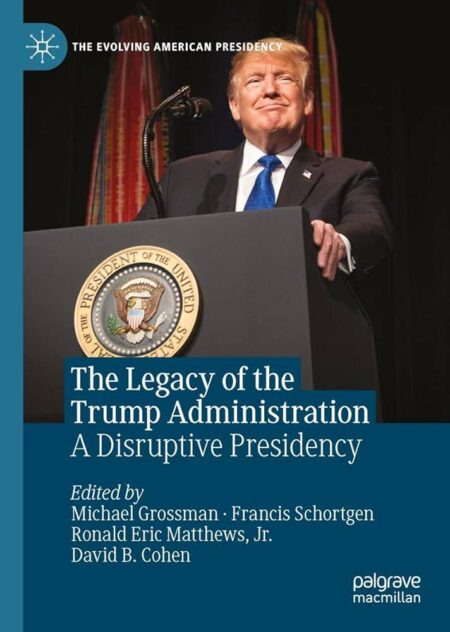Brazil’s electric power reform faces critical challenges, including outdated infrastructure, high tariffs, and a reliance on hydropower. Addressing these issues is crucial for ensuring energy security and attracting investment in a diverse energy mix.
Browsing: regulation
Brazil’s telecommunications regulator has granted approval for the operation of an additional 7,500 Starlink satellites within its territory. This expansion aims to enhance internet connectivity in remote and underserved regions across the country.
The Canadian Nuclear Safety Commission has issued a construction license for a small modular reactor (SMR), marking a significant step in the country’s efforts to enhance its clean energy portfolio. This milestone underscores the growing global interest in advanced nuclear technologies.
The future of a floating casino in Buenos Aires remains uncertain as regulatory challenges and community opposition mount. Stakeholders are grappling with the project’s implications for local tourism and gaming revenues, raising questions about its viability.
ProPublica reveals that Elon Musk’s SpaceX has been quietly facilitating investment from Chinese entities, raising concerns about national security and technology transfer. This opaque financial maneuvering underscores the complex interplay between innovation and geopolitical risk.
Australia is ramping up its regulatory framework for cryptocurrencies, as exchanges expand amid rising interest. This move aims to enhance consumer protection and financial stability, testing the industry’s adaptability to stricter oversight.
The UK has reaffirmed its commitment to nuclear safety at the Eighth Review Meeting of the Joint Convention, emphasizing robust spent fuel management and effective radioactive waste strategies. The statement highlights ongoing efforts to enhance safety protocols and international collaboration.
Spain has announced plans to impose fines of up to ‚ā¨35 million on AI companies found guilty of mislabeling content. The move aims to enhance accountability and transparency in AI-driven technologies, ensuring consumers receive accurate information.
Electricity imports from Canada will no longer incur surcharge fees following recent tariff negotiations. This change could lower costs for consumers in the U.S. and stabilize energy markets. Stakeholders are advised to stay informed as implications unfold.
The Chair of the UK’s Payment Systems Regulator has described the potential abolition of certain regulations as a “pragmatic next step.” This move aims to streamline payment processes and enhance innovation within the sector, signaling a shift towards modernized financial systems.
Spain’s second largest bank has reportedly received approval to offer trading services for Bitcoin and Ether. This move marks a significant step in the country’s growing acceptance of cryptocurrencies, potentially expanding access for investors and enhancing the digital asset market.
Italy has indicated a soft approach in assessing UniCredit’s takeover bid for Banco BPM, suggesting regulatory flexibility amid the deal’s potential impact on the banking landscape. This stance could pave the way for smoother negotiations and risk management.
BBVA has announced it will provide Bitcoin and Ether trading and custody services in Spain, expanding its digital asset offerings. This move positions the bank as a key player in the cryptocurrency market, catering to growing consumer interest in digital currencies.
Argentina’s presidential candidate Javier Milei is under investigation for potential fraud linked to the launch of a cryptocurrency that plummeted shortly after debuting. Critics question the legitimacy of Milei’s support for the coin amid growing concerns over transparency.
The Trump administration is considering raising port fees on Chinese ships, a move that could significantly impact trade dynamics. Higher costs may lead to increased prices for consumers and a potential strain on U.S.-China relations, affecting various industries.















